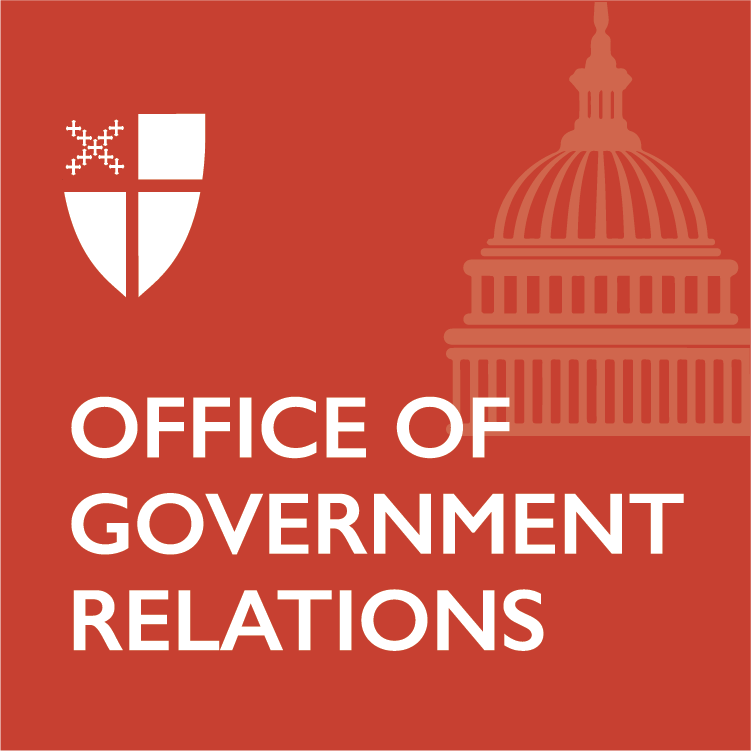EPPN Health Care Series Part 1
The Holy Scriptures are replete with references to the Savior’s healing ministry. In obedience to the Lord’s command to tend the sick, the Church has long committed itself to improving the health of people through a wide variety of ministries and means, from running hospitals and nursing facilities to engaging in advocacy on health policy. This Health Care Series will focus on the unique challenges of American health care and the many actions our society can take to improve our health care system. If you are signed up for the EPPN emails you will automatically receive the forthcoming newsletters in this series.
The United States is the only wealthy, developed nation on the planet that does not provide health insurance as a right of citizenship. The U.S. spends a larger share of national income on health care than any other country in the OECD (a club of rich nations). And while the U.S. has some of the most cutting-edge innovative technologies in the field of medicine, we do a dismal job at caring for all of those in our society. The U.S. system has strengths: leading in choice and access to medical technologies and treatments, but we rank near the bottom for fiscal sustainability.
What does the U.S. get for spending around 20% of GDP on health care? According to the Commonwealth Fund, among 11 comparatively wealthy OECD nations the U.S. has:
- The lowest life expectancy rate
- The highest suicide rate
- The highest chronic disease rate
- An obesity rate two times the OECD average
- The highest number of hospitalizations due to preventable causes
- The highest rate of avoidable deaths
As these unfortunate statistics suggest, Americans get remarkably low value for money out of their health care system. Other countries manage to provide coverage to every citizen while paying substantially less overall and achieving better health outcomes than the U.S.

America faces a wide array of health care challenges ranging from tens of millions of people lacking health insurance to exorbitantly high pharmaceutical prices. The country’s health care challenges become even starker when observed through the prism of race. Ethnic minorities face major barriers to accessible and affordable health coverage in the U.S. African Americans die from cancer at a higher rate than any other group. Hispanic adults are diagnosed with diabetes at twice the rate of white adults. Indigenous adolescents struggle with obesity 30 percent more than white adolescents.
Watch: A PBS NewsHour segment featuring Elena Marks, president of the Episcopal Health Foundation in Houston, Texas.
The Episcopal Church strongly supports efforts to address these disparities and ultimately reform our health care system so that every American can access the lifesaving care they need. As the 78th General Convention of The Episcopal Church stated in Resolution 2015-AO92, “God has provided for all of creation, forming a world of sufficiency for all…we depend on God and one another and are commanded to feed the hungry, clothe the naked, and comfort the suffering and afflicted.”
Much can be done to put the U.S. on a better health care footing. This series will explore the major issues in health care and how we can make them better.
Further Reading
- The Commonwealth Fund: U.S. Health Care from a Global Perspective, 2019: Higher Spending, Worse Outcomes?
- Center for American Progress: Health Disparities by Race and Ethnicity
- The Brookings Institution: A dozen facts about the economics of the US health-care system
Episcopal Church Resolutions
Summary of Episcopal Church Policy and Advocacy on Healthcare in the United States
- 2018-D032: Advocate for Gender Equity, Including Reproductive Rights, in Healthcare
- 2015-A092: Affirm Support for Government Funding of Social Safety Net Programs
- 2009-D088: Urge Passage of Comprehensive Health Care Insurance
- 2009-D048: Urge Passage of a Universal Health Care Program
- 2009-C071: Urge Advocacy for Comprehensive Healthcare Coverage
- 2009-A077: Urge Congregations to Implement a Health Ministry
O God, the creator and preserver of all mankind, we humbly beseech thee for all sorts and conditions of men; that thou wouldest be pleased to make thy ways known unto them, thy saving health unto all nations. More especially we pray for thy holy Church universal; that it may be so guided and governed by thy good Spirit, that all who profess and call themselves Christians may be led into the way of truth, and hold the faith in unity of spirit, in the bond of peace, and in righteousness of life. Finally, we commend to thy fatherly goodness all those who are in any ways afflicted or distressed, in mind, body, or estate; [especially those for whom our prayers are desired]; that it may please thee to comfort and relieve them according to their several necessities, giving them patience under their sufferings, and a happy issue out of all their afflictions. And this we beg for Jesus Christ’s sake. Amen.
Book of Common Prayer, pgs. 814-815

